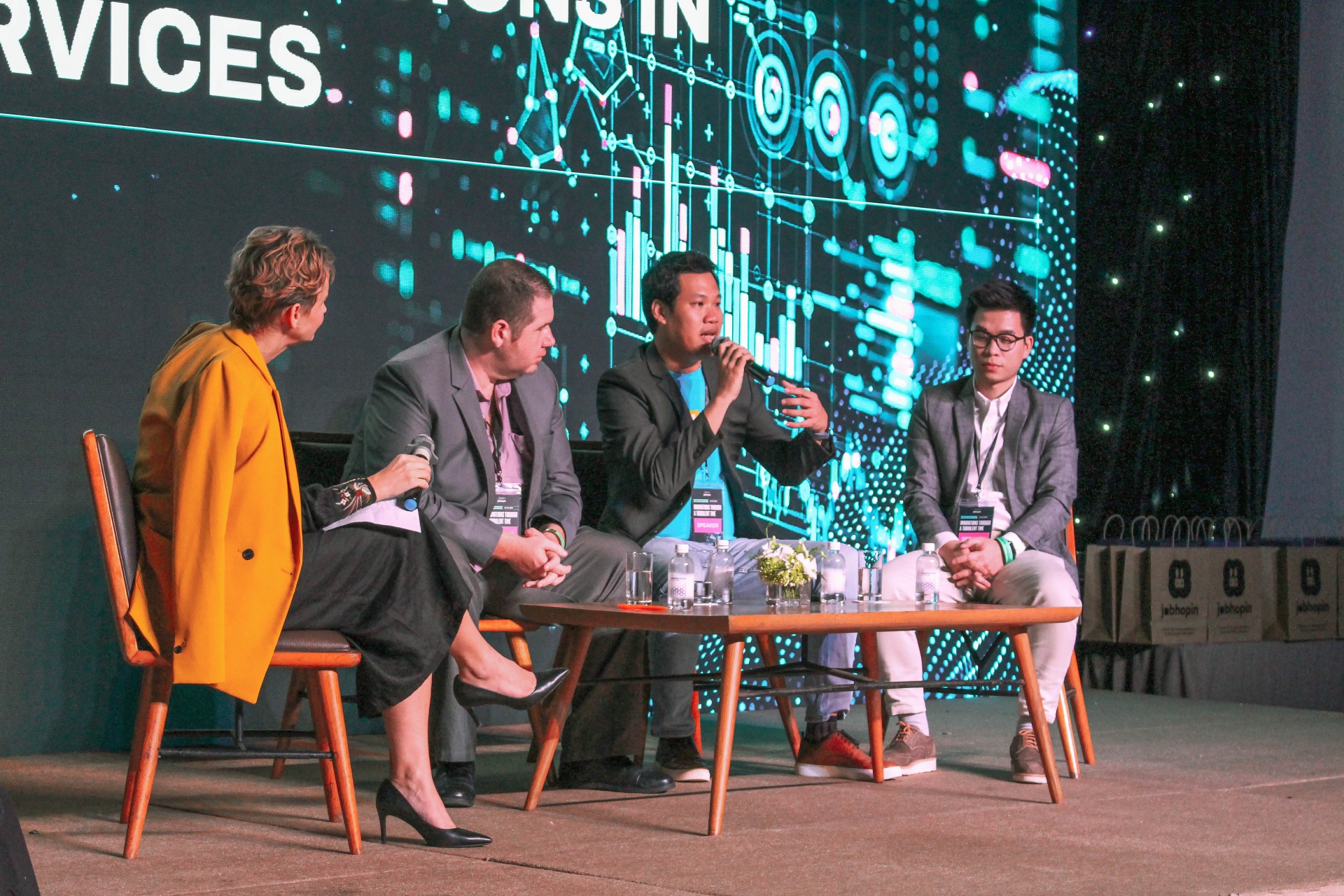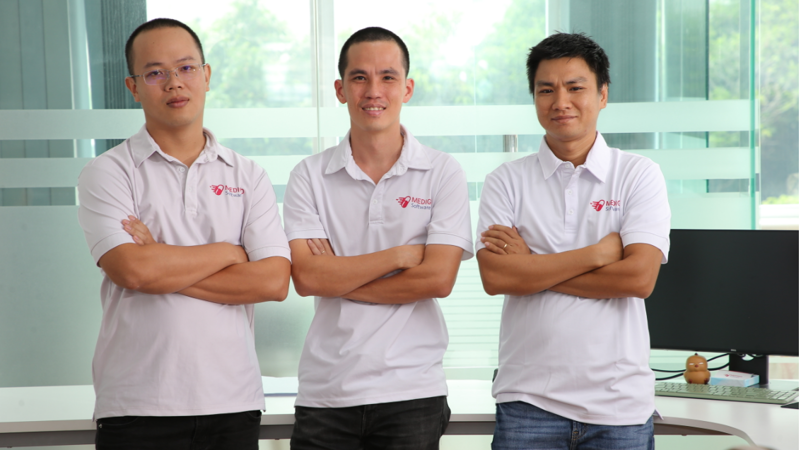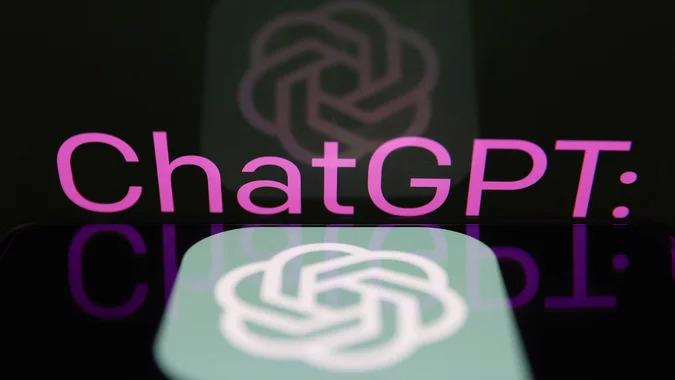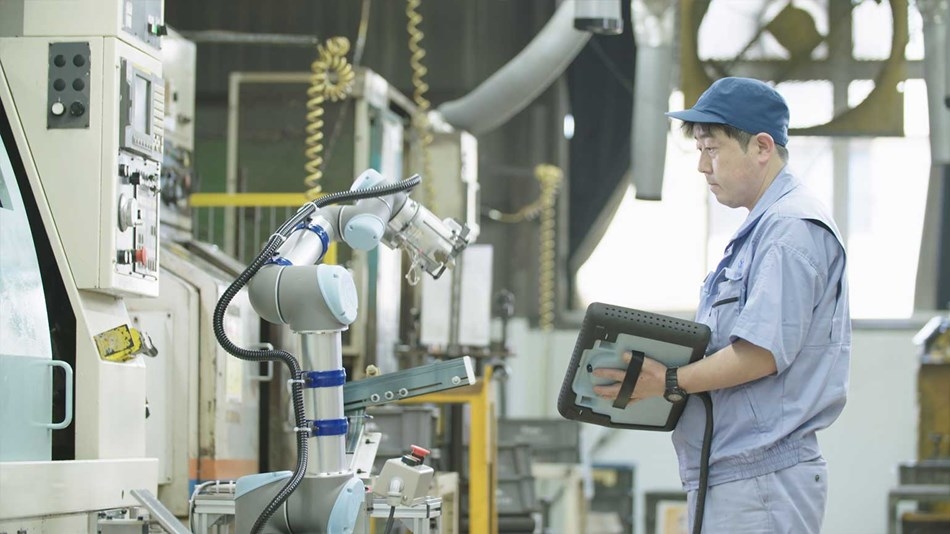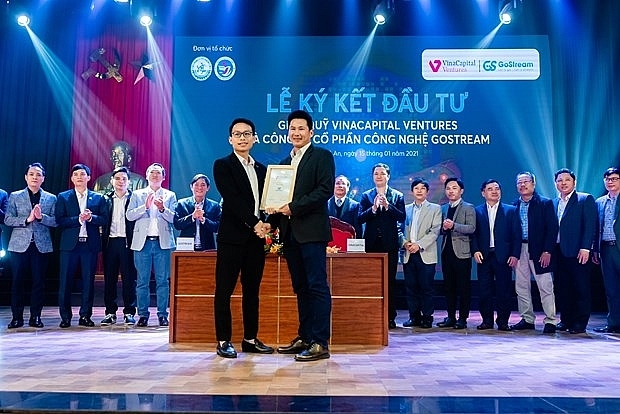Artificial intelligence: A challenge of the new era
Artificial intelligence (AI) is increasingly proving to be an irreversible trend in the world, contributing to improving people's quality of life. However, a chorus of warnings is being made about the dangers posed by AI as well as high technology in general, including an increase in the number and sophistication of crimes in cyberspace.
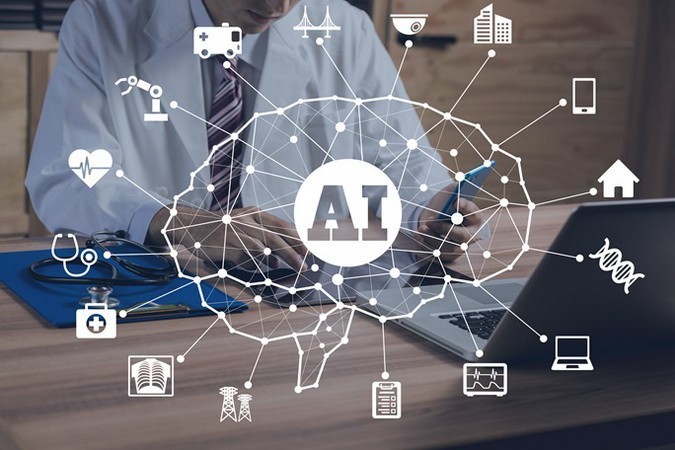
Scientists, business owners, and leaders of countries have expressed their concerns about the risks of AI. Recently, the EU police force Europol warned about the potential misuse of AI products in disinformation and cybercrime.
A group of more than 1,000 business owners, experts and researchers in the field of AI have published an open letter calling for a six-month pause in the development of AI systems more powerful than OpenAI's ChatGPT 4.
The letter emphasised that the development of advanced AI systems should be halted until new safety regulations for AI design are created, enforced, and supervised by independent experts.
It is undeniable that AI is increasingly establishing itself as an effective tool to improve people's lives. However, this technology has also caused many controversies. AI products are a “double-edged sword”, starting a new tough battle between high-tech criminals and cyber security forces.
Cybersecurity experts in Australia warn that hackers armed with ChatGPT can create phishing emails so "real" that even a company's security-trained employees get trapped.
Once cybercriminals have infiltrated an organisation's computer systems, they will use AI to evade detection and continue to expand their attacks, said Darren Reid, Director of VMware’s Security Business Unit in Australia.
A study published earlier this year by the Canada-based BlackBerry cybersecurity and software company showed that 51% of IT decision makers believe there will be a successful cyberattack credited to ChatGPT within 2023.
Recently, many criminals have used Deepfake in scams. Deepfake is an AI application technology that creates audio, image and video hoaxes that fake real-life objects with very high accuracy.
In addition to being used by cybercriminals to carry out illegal schemes such as online fraud or writing malware, AI technology products pose many other challenges such as the risk of academic fraud, leakage of data, privacy violations, elimination of job positions.
AI can add up to 14.7 trillion USD to the global economy by 2030. AI in particular and high technology in general bring both opportunities and challenges to users.
In an effort to address the potential threats of AI and help people truly master the technology, countries are pushing efforts to develop laws to strengthen the management of AI.
A commission launched by the US Chamber of Commerce urged Congress to create rules for artificial intelligence (AI), calling its regulation a “top priority.”
The UK government published a white paper on AI entitled “A pro-innovation approach to AI regulation.” The whitepaper also outlines five principles that regulators should consider to facilitate “the safe and innovative use of AI” in their industries: safety and security, transparency and explainability, fairness, accountability and governance, and contestability and redress.
The Australian Government also announced the Responsible Artificial Intelligence (AI) Network to support Australian companies in using and creating AI ethically and safely. The network provides Australian businesses with best practice guidance, tools and learning modules in six core pillars: Law, Standards, Principles, Governance, Leadership, and Technology.
Australian experts predict that AI can add up to 14.7 trillion USD to the global economy by 2030. AI in particular and high technology in general bring both opportunities and challenges to users.
It is a requirement for high-tech products should be developed in a responsibly manner because the inability to master technology will lead to unpredictable consequences, causing losses to the economy as well as to individuals and society as a whole.

